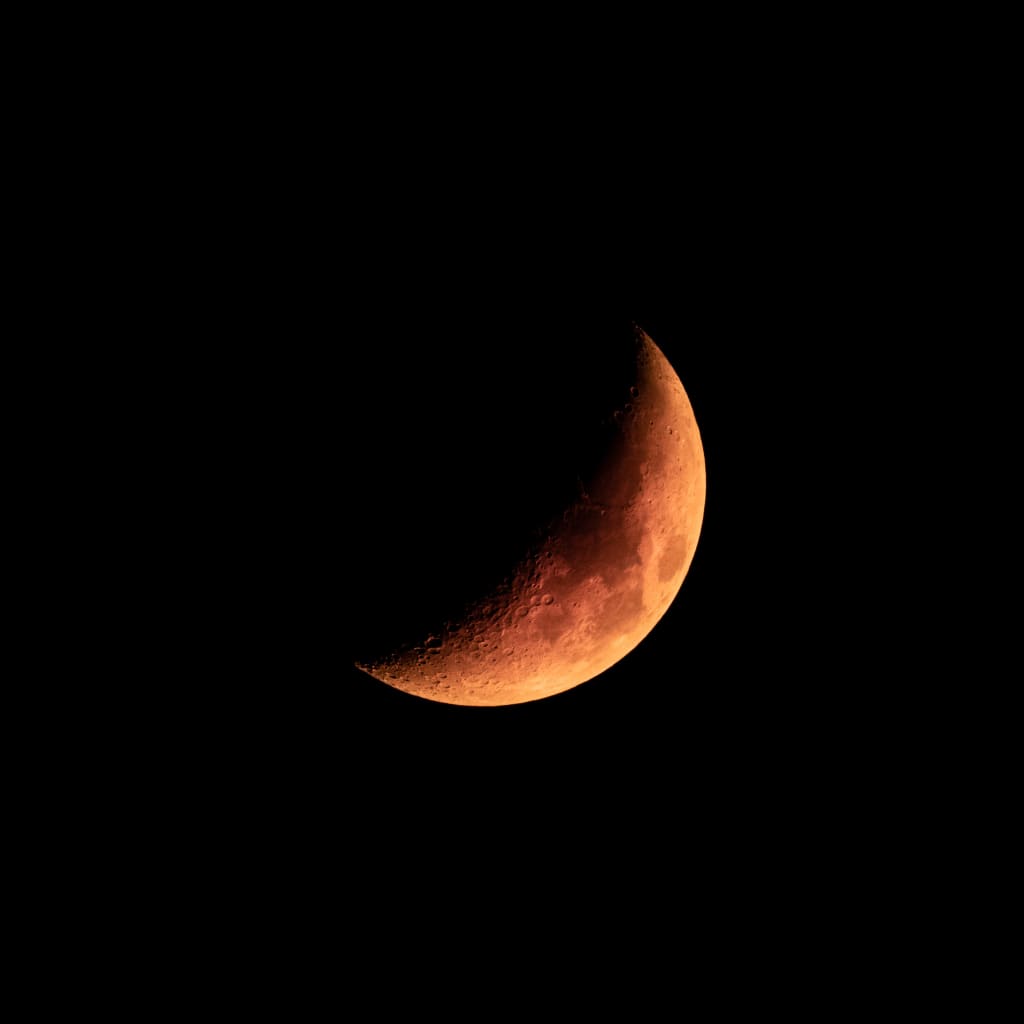
A solar eclipse is one of the most spectacular astronomical events that can be witnessed from Earth. It occurs when the Moon passes between the Sun and the Earth, blocking out the Sun's light and casting a shadow on the Earth's surface. During a solar eclipse, the sky grows dark, and the temperature drops. Birds stop singing, and animals become quiet. It's a mesmerizing event that has captured the attention and imagination of people for thousands of years.
How do solar eclipses happen?
A solar eclipse happens when the Moon passes between the Sun and the Earth, blocking the Sun's light. However, the Moon's orbit is not perfectly circular, and its distance from Earth varies. When the Moon is at its closest point to Earth (perigee) and the Earth is at its furthest point from the Sun (aphelion), the Moon appears slightly larger than the Sun in the sky. This condition is called a total solar eclipse, and it occurs once every 18 months on average.
There are three types of solar eclipses: total, partial, and annular. A total solar eclipse occurs when the Moon completely covers the Sun, leaving only the Sun's corona visible. A partial solar eclipse occurs when the Moon only partially covers the Sun, and an annular solar eclipse happens when the Moon is at apogee and appears smaller than the Sun, creating a ring of fire around the Moon.
Why are solar eclipses so spectacular?
Solar eclipses are spectacular because of their rarity and the visual effects they create. Total solar eclipses are particularly awe-inspiring because they provide a glimpse of the Sun's corona, which is not usually visible to the naked eye. The corona is the outermost layer of the Sun's atmosphere and is much hotter than the surface of the Sun. During a total solar eclipse, the corona can be seen as a faint, white halo surrounding the Sun.
The visual effects of a solar eclipse are also breathtaking. As the Moon passes in front of the Sun, the sky darkens, and the temperature drops. The landscape takes on an eerie quality as shadows become sharper, and the colors of the world change. The sun's light filtering through the leaves of trees creates crescent-shaped shadows, and the sun's image appears to shimmer and dance as it is partially obscured by the Moon.
The social and cultural significance of solar eclipses
Solar eclipses have been significant to cultures around the world for thousands of years. In ancient times, they were often seen as omens or harbingers of change. They were viewed as powerful, supernatural events that could bring about great transformation in the world. Many cultures believed that solar eclipses signaled the end of an era or the beginning of a new one.
In modern times, solar eclipses have taken on a more scientific significance. They are studied by astronomers and scientists who use them to learn more about the Sun and its behavior. During a solar eclipse, researchers can study the Sun's corona, measure its temperature, and observe the changes in the Earth's atmosphere as the Sun's light is blocked.
Tips for viewing a solar eclipse
While solar eclipses are awe-inspiring events, they can also be dangerous if proper precautions are not taken. Looking directly at the Sun during an eclipse can cause permanent eye damage or blindness. To safely view a solar eclipse, it is essential to wear special eclipse glasses or use a solar filter to protect your eyes.
If you plan to photograph a solar eclipse, it is important to use a solar filter on your camera lens. This will prevent damage to your camera and ensure that your photographs turn out well.
About the Creator
Hanaff Jr
Just Writer...






Comments
There are no comments for this story
Be the first to respond and start the conversation.